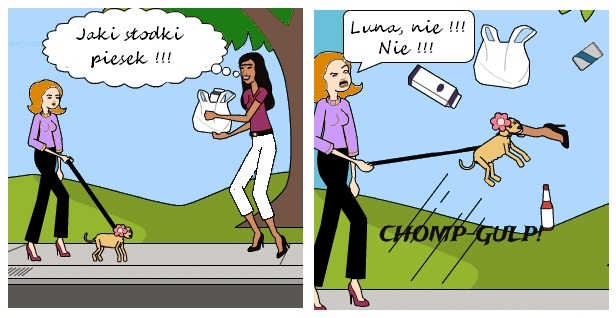The easiest way to do that in Polish is to use a word "jaki" before an adjective with a noun which describe your feeling towards the object.
Let's take the second example: "What a pretty girl!".
In Polish: "Jaka ładna dziewczyna!"
Use a word "jaki" before masculine nouns. Jaki okropny dzień! (What a terrible day!)
Use "jaka" before feminine nouns. Jaka fajna kawiarnia! (What a cool café!)
Use a word "jakie" before neutral nouns. Jakie duże miasto! (What a big city!)
ale + adjective + noun !
Ale ładna dziewczyna! (What a pretty girl!) = Jaka ładna dziewczyna!
"Ale" means also "but". (On jest bogaty, ale nudny. He is rich but boring)
Let's take some examples with pictures:

- Niezła koszulka!
- Dzięki!
- Not bad t-shirt!
- Thanks!
(we don't add words like "jaki" or "bad" before
a word "niezły" - it's a kind of an exception)
- Ale super app!
(What an awesome/cool app!)
Remarks: 1."app" (taken from English) is a masuline word 2. an adjective "super" is untypical and it doesn't change form when we use it with feminine and neutral nouns:
"super książka" (an awesome book), "to miasto jest super!) (this city is awesome!)
- Ale fajna piosenka!
(What a cool song!)
- Ale nudna książka!
(What a boring book!)
Jaki okropny wypadek!
(- What a terrible car accident!)
-
- Jaki słodki piesek!
- Luna, nie! Nie!!! (Luna is, of course, a name of the dog)
(- What a sweet doggy!
- Luna, no! No!!!)
Here are recordings with dialogues and expressions from the pictures above:
Remember that endings of adjectives are different for describing masculine, feminine and neutral nouns.
Usage of masculine adjectives: use an adjective from dictionary (without any changes),
Usage of feminine adjectives: add a feminine ending - "-a"instead of a masculine -y or - i (for example - big is "duży" for masculine nouns and "duża" for feminine nouns).
Usage of neutral adjectives: add a neutral ending -e instead of masculine - y or -i (duże - neutral instead of the masculine "duży").







Boję się Luny...
ReplyDelete